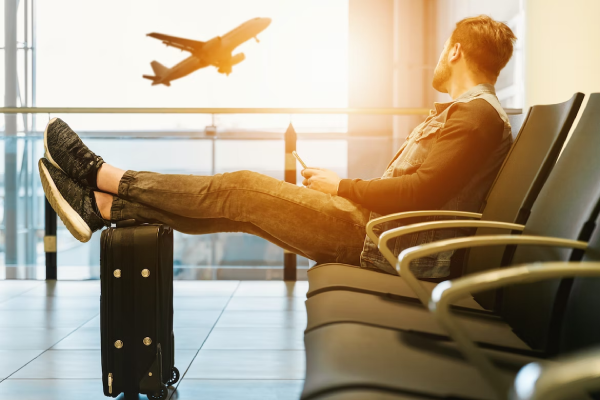
Change is the one constant in the travel industry. The way we book trips, the types of holidays we take and even where we go on holiday is constantly evolving. So what does the future hold for the travel industry?
The internet has revolutionised the way we book holidays. We can now research and book our own flights, accommodation and activities all from the comfort of our own homes. This has made booking a holiday much simpler and more straightforward than it used to be.
However, this has also had some negative effects on the travel industry. Many traditional travel agents have closed their doors as a result of competition from online booking sites.
It is now easier than ever to find cheap deals on flights and accommodation without using a travel agent at all.
Increased trust in social media
The rise of social media has also changed how we plan our holidays. We are now more likely to get inspiration for where to go and what to do from friends and family members who have already been there – through Facebook, Twitter or Instagram posts for example – than from a glossy brochure or advertorials in magazines.
What’s more, thanks to platforms like Airbnb, we are increasingly choosing to stay in private homes rather than hotel rooms when we travel – something that was once unthinkable.
Artificial intelligence
The future of the travel industry looks likely to be even more dominated by technology than it is today. We will see more artificial intelligence being used to help us plan our holidays. For example, Google’s new ‘Destinations on Google’ feature gives users tips and advice on where to go based on their interests and search history.
Augmented experience
We will also see Virtual Reality (VR) being used more and more in the travel industry as a way of helping people visualise their dream holiday destination before they book it. This could potentially revolutionise the way we book holidays altogether.
As well as this, biometrics is likely to play a big role in the future of travel. This could include using fingerprint or iris scanning to speed up security checks at airports, or even using facial recognition to identify travellers who may pose a security risk.
The rise of the sharing economy shows no signs of slowing down, so we can expect to see more collaborative consumption platforms like Airbnb and Uber become established in the travel industry over the next few years.
These kinds of platforms offer travelers an alternative way to book holidays that are often much cheaper than traditional methods. They also allow people with spare rooms or unused cars to make some extra money by renting them out to travelers.
There is no doubt that the travel industry is facing some challenges in the years ahead. But it is also an industry that is constantly evolving, and there are plenty of new ideas and innovations that have the potential to transform the way we travel.







